Stories from AMAL Entrepreneurs
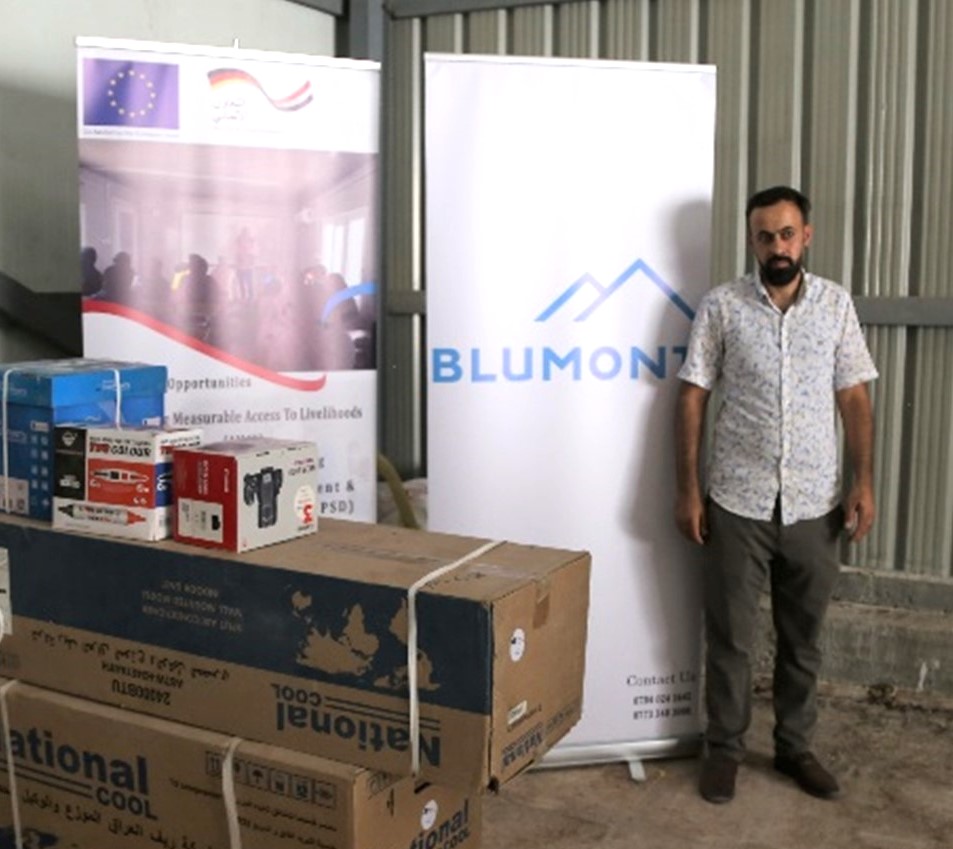
Sameer is the proud owner of a stationery store in Baghdad, a dream that he held onto amidst migration, conflict, and financial difficulties. Closing his first shop and moving to Finland in 2015 was a big sacrifice. He returned home after a year and re-opened his business at a smaller scale, but it wasn’t enough to build the life he dreamed of. Sameer signed up for the AMAL basic business training, believing it could help him scale up his business and enhance profits. “The training was very beneficial as I learned many things, like keeping track of profit and managing capital,” said Sameer. In addition to training in business management, marketing, accounting, and more, he received stationery products and an air conditioning unit to help him scale up his business and improve the space. Sameer, equipped with new skills, was able to assess the local market and determine his next steps.
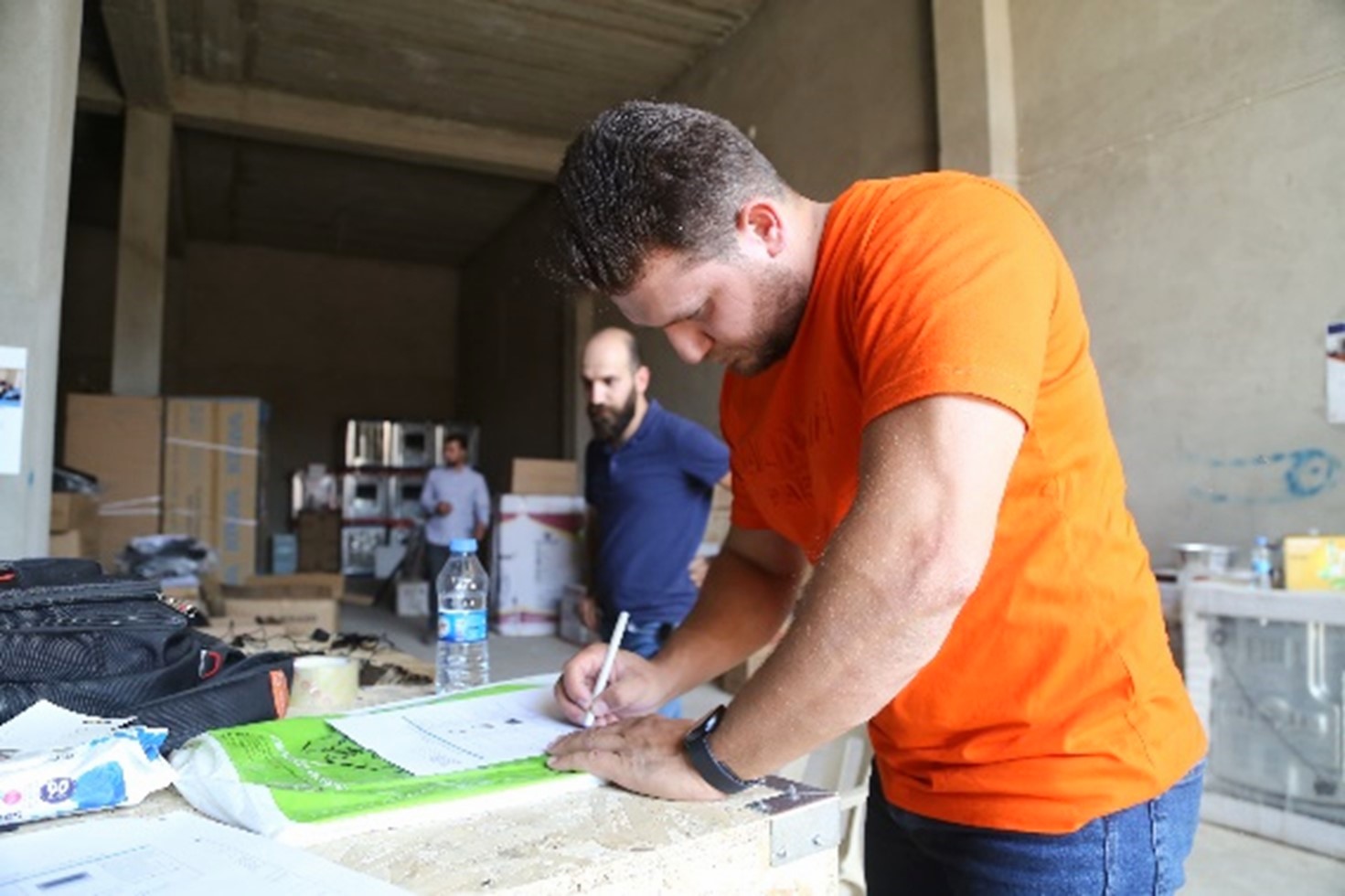
Omar left Iraq to pursue a dream of working at a gym in Lebanon. When COVID-19 struck, he had to return home without a job. Even with his education and certifications, he could not find work in Erbil. Dreaming of a career in fitness, Omar applied for support from AMAL to learn how to scale up an existing gym with two friends. He found the sessions to be transformative. “I had a lot of vague ideas,” he said. “But after participating in the trainings, I could understand and develop my business.” Omar received a new air conditioner, microwaves, and blenders from AMAL so he could expand the gym to include a women’s-only area and a cafe. Omar’s business is now growing—improving the health of his customers and the gym’s bottom line. “Our income has increased with these expansions,” he said. “This has all helped to increase our customers.”
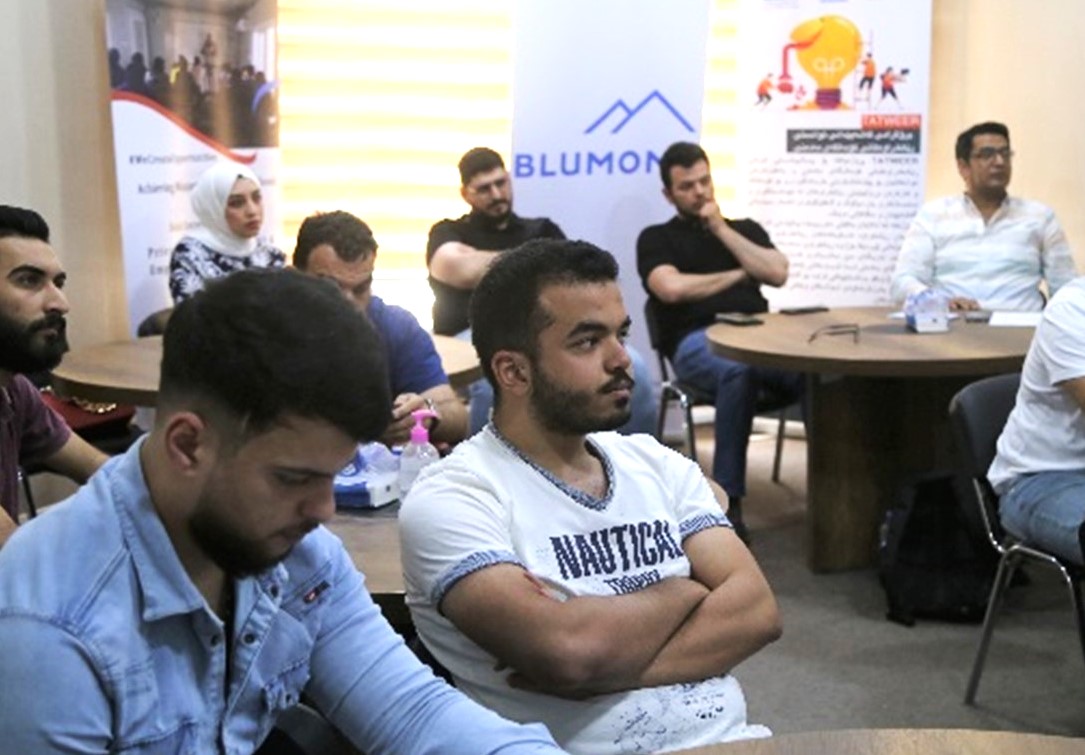
Omar is an innovating student at the University of Mosul who is using his technical skills to help others. During his studies, Omar learned from female students that they often struggled to find safe and reliable transportation to and from university. With a passion for software development, Omar wanted to develop an application that connects young women with trusted drivers. He decided to register for AMAL’s business training to build his coding skills and learn how to manage his startup business. “The training helped me turn my vision of a solution into a real project with a workplan and steps to make it happen,” said Omar. He is now working with his partners—a few of his fellow classmates—to build the new transportation app. They will launch the app in Mosul first but hope to expand it to connect drivers with riders in other provinces. Together, they are making their hometown—a city Omar once had to flee—a safer place.
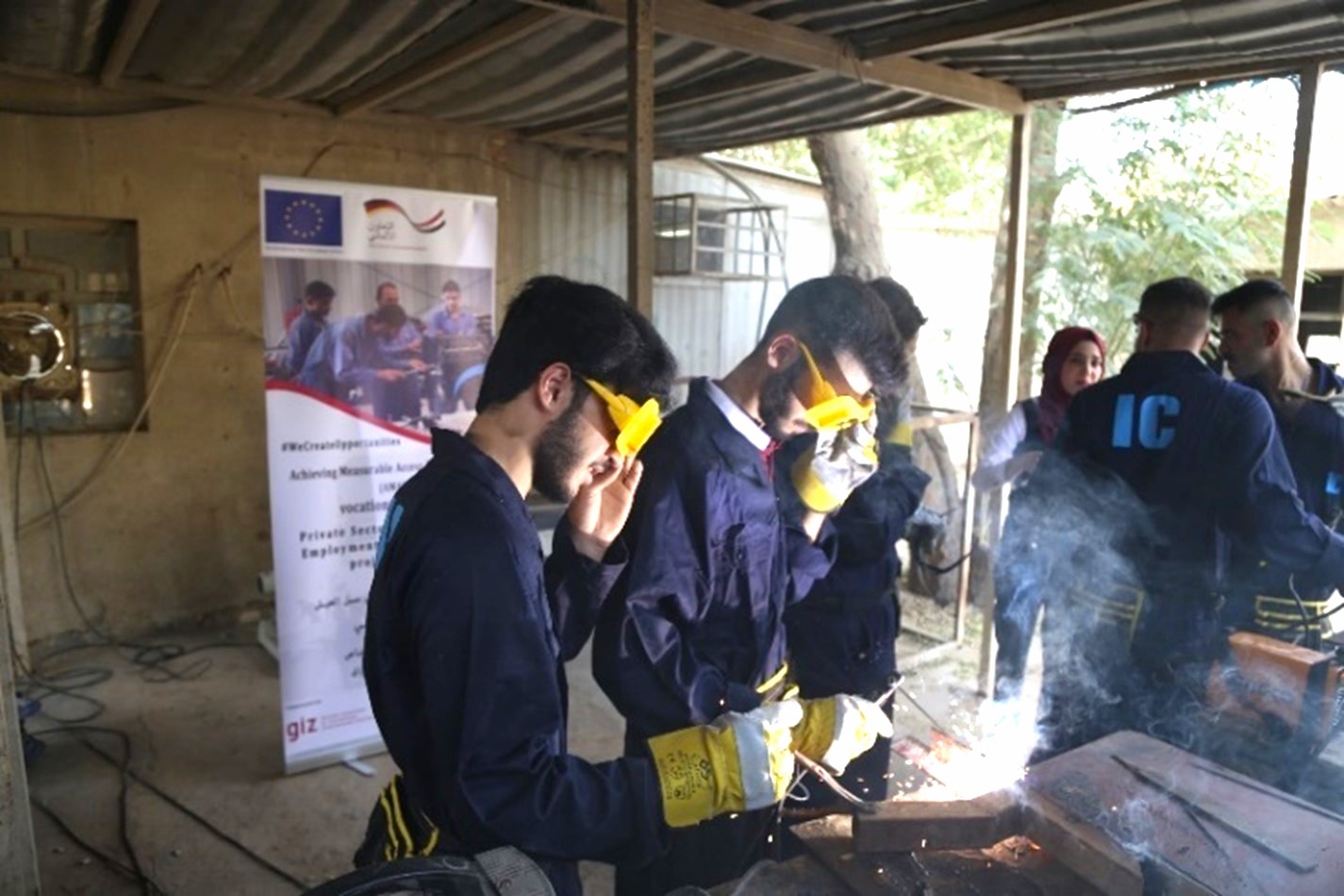
Ali and Abbas are two friends studying at the University of Technology in Baghdad. When learning about drones, the engineering students saw an opportunity to create a product to deliver emergency aid. The idea was to create a green energy-powered drone to reach communities in need of medical help, but they didn’t have the technical skills to physically build a prototype. Their professor referred Ali and Abbas to participate in vocational training with the AMAL project. For Ali and Abbas, the training gave them experience in welding—an essential skill for building a prototype and understanding how different parts connect, work, and react with each other. The friends are now moving on to the next step in designing their drone. “We are still in the learning process, and the AMAL training was a step towards our future success,” Abbas said. “By the time we graduate, we are planning and hoping to have a prototype for our drone.”
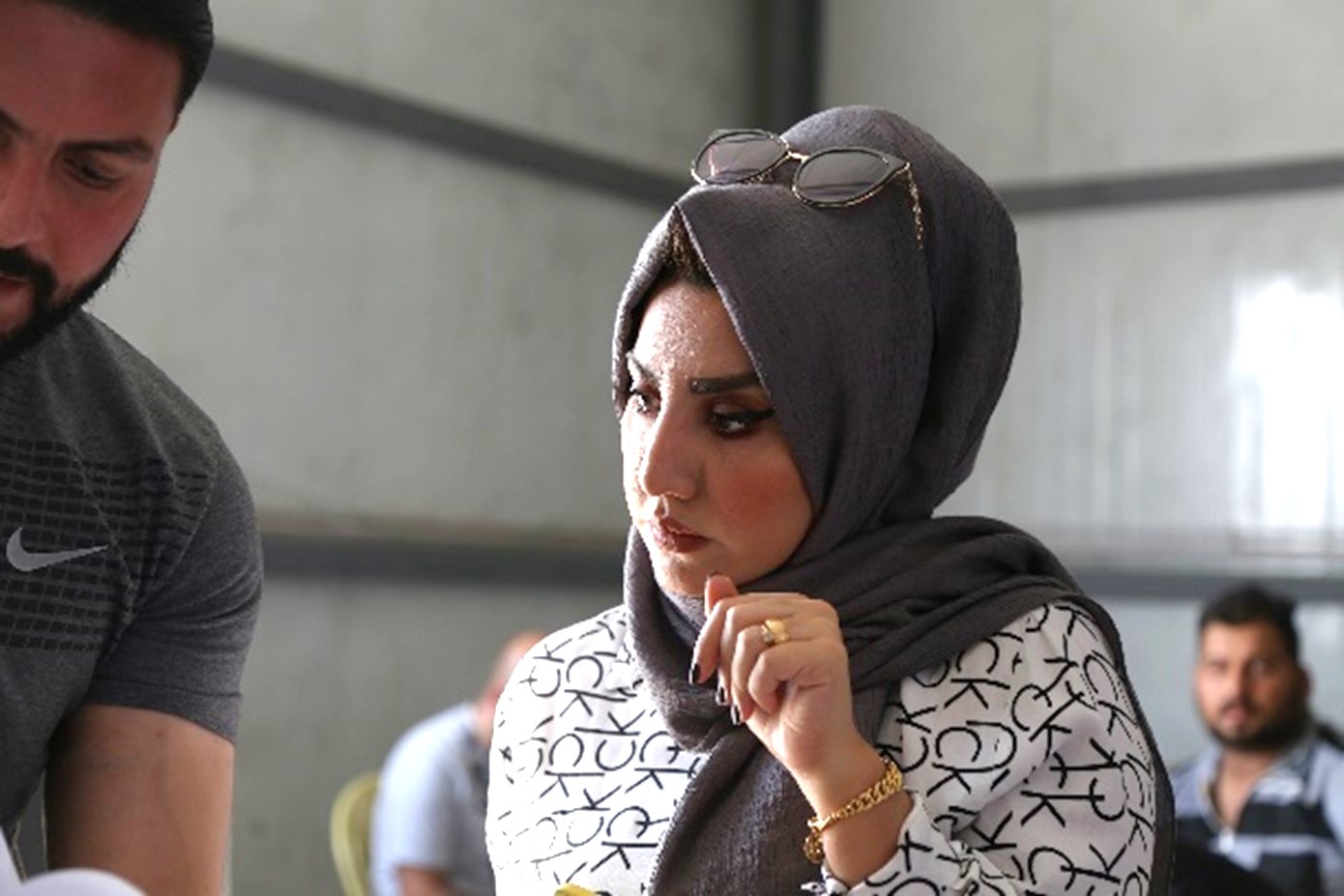
Sally, a young woman from Baghdad, fled to Egypt many years ago with her family. Despite her university education, she struggled to find work. She dreamed of opening her own clothing store but did not have the resources. When Sally returned to Baghdad, she faced unemployment until enrolling in the AMAL project’s business course. Sally learned vital management skills and received inventory and mannequins for startup. “The training was so inspiring and taught me a lot, from the first step of opening a business to advertising and attracting new customers,” said Sally. “I decided to make my dream a reality and open a fashion store.” Equipped with her toolkit, Sally began promoting her business on social media. She aims to grow her store and inspire others in her community to pursue entrepreneurship.
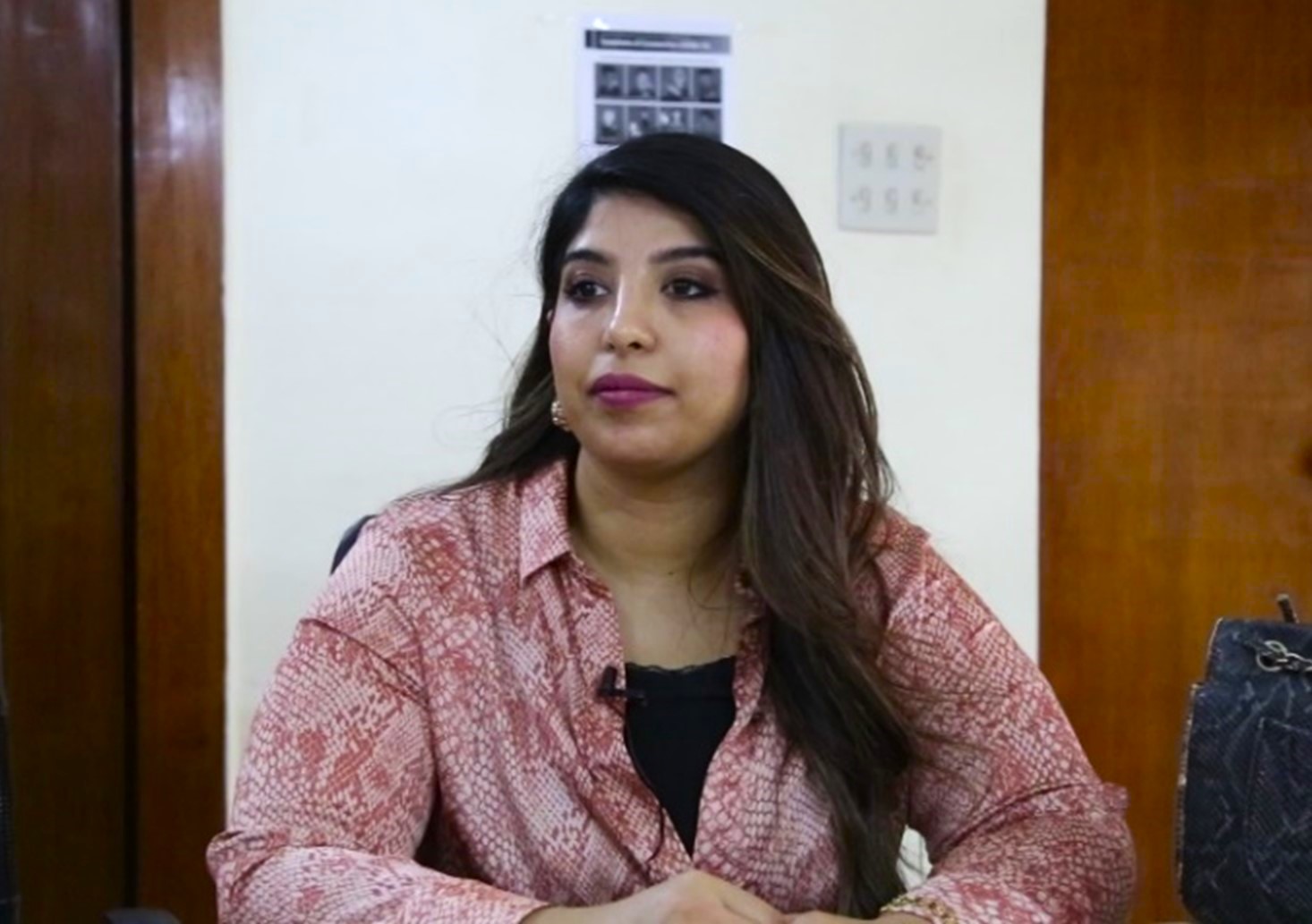
In 2016, Marwa and her husband moved to Malaysia to pursue degrees and new careers. They struggled to find work, eventually leading them to return to Baghdad. After their return, Marwa remained unemployed and was losing hope. When she heard of the job placement support activities offered by AMAL, she decided to enroll. The project connected her with an internship opportunity at Mercy Hands, a local humanitarian aid NGO, where she could build her skills. “The first month of training was a big surprise for me because I never thought I would have the opportunity to learn this much,” she said. After the internship, Marwa’s supervisors were impressed by her work ethic and offered her a full-time position. Marwa is working hard to continue building her skills to move up in her career.
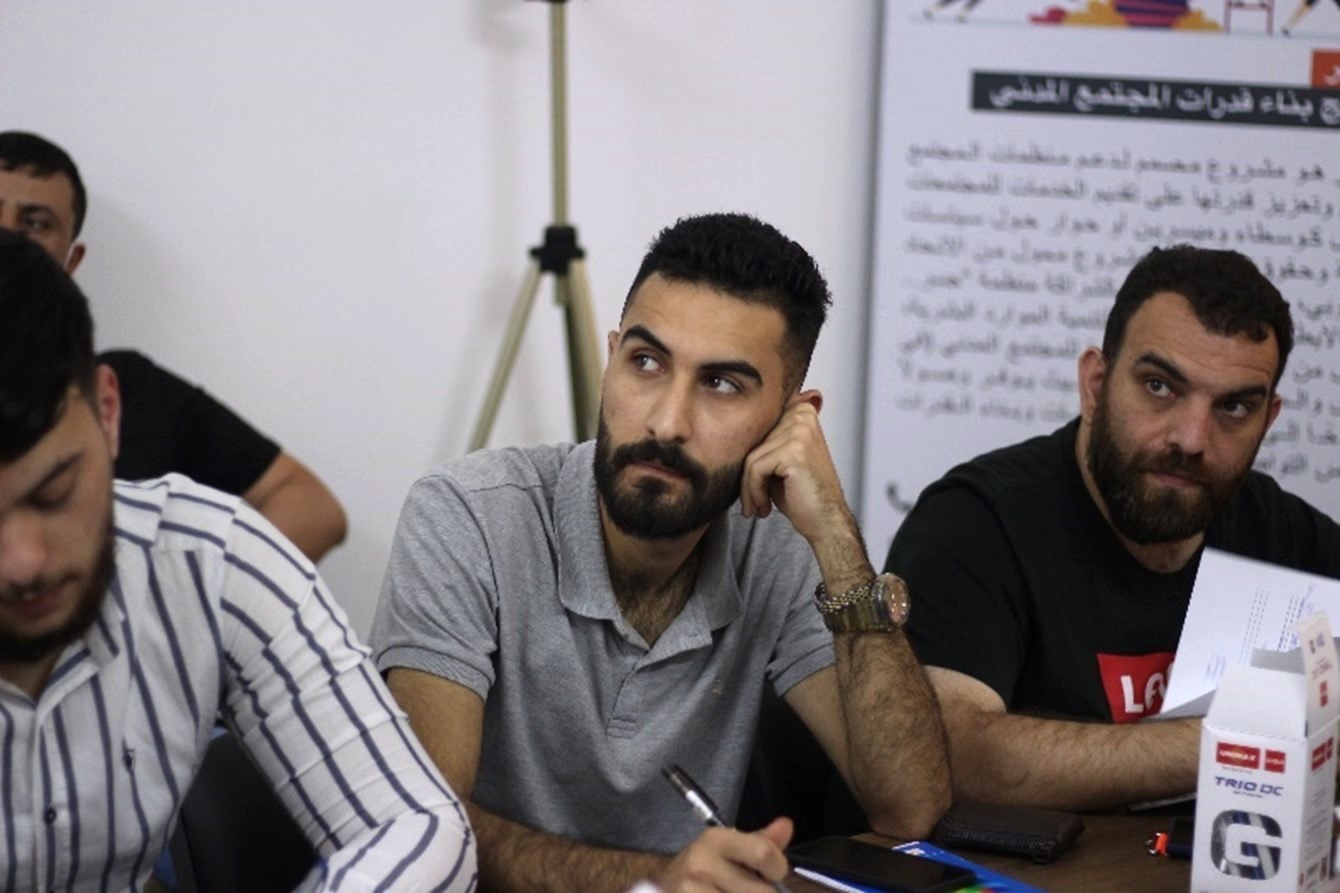
Dylan is an Iraqi returnee who migrated to Turkey in 2014 to escape ISIS persecution. In Turkey, he held jobs ranging from social media manager to aid worker. With a passion for communications and marketing, Dylan always dreamed of opening his own marketing agency. Upon returning in 2019, Dylan decided to open his own marketing agency to help local companies expand their reach. Struggling to take off, he registered for the business training courses led by the AMAL project. “The training taught me how to manage my time and make the most out of the limited capital I already had,” said Dylan. Following the trainings, Dylan received a start-up toolkit which included a new laptop with graphic design software. The software improved the quality of services he can offer his clients. He’s now working out of a new rented office with a team of five other young entrepreneurs, two of whom are women working to finance their studies.
Example of Modal
Example modal description.
X










